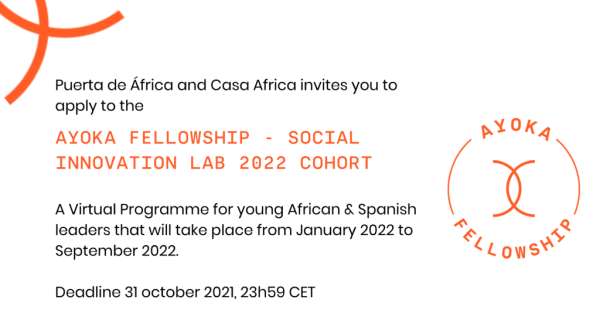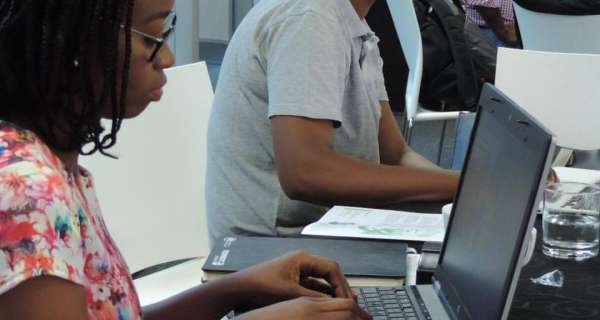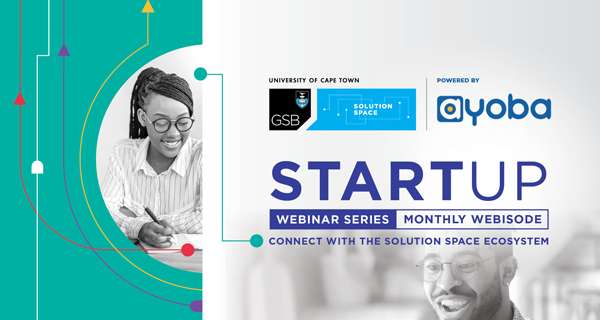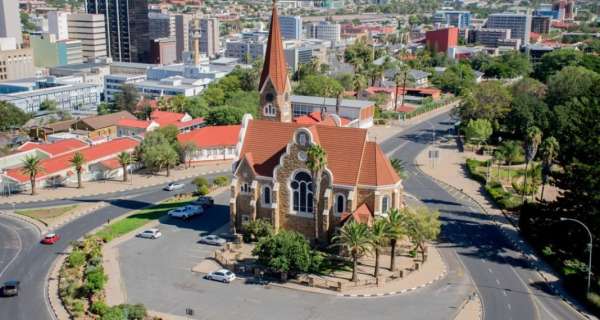South Africa, Africa and the world find themselves in the most important period of the new economic revolution, the strongest and biggest one so far. It is the revolution leading us from the post-industrial era and now post-covid era into the knowledge-based society.
Since the COVID-19 outbreak, the operations of many innovative startups and SMEs worldwide have been facing the existential threat. However, it was the existence of e-commerce, video-conferencing, and digital health startups that made possible the unexpected switch from what once was the standard workplace or shopping experience to the new COVID-19 normal lifestyle. While travel, transportation, accommodation, and even 3D industrial printing startups faced difficulties because of lockdown measures, reduced financial reserves, lack of funding, diminished demand, or even logistical or bureaucratic issues.
According to economic experts, the future will bring a divide between countries that will know how to answer challenges of a knowledge-based society, and countries in which the economic and social lag will become increasingly larger.
For several years, experts in the South African Entrepreneurship Ecosystem were discussing key challenges and possibilities for building a globally competitive startup ecosystem in South Africa but recently the Digital Collective Africa, is initiating a conversation about the possibility of promulgating a Startup Act for South Africa.
So what is really a startup? A startup company is a newly born enterprise that has the purpose of developing a new, usually innovative product or service in uncertain circumstances and often has big growth potential. An entrepreneur with high potential creates on average as much as 3 times more jobs than an entrepreneur with average potential, and as much as 15 times more jobs than an entrepreneur with low potential. A third of dynamics of countries’ economic growth can be explained with the dynamics of startup entrepreneurship. However, for these companies to grow, we need a suitably developed startup ecosystem. Startup companies and high-tech industry in South Africa thus do exist and are developing.
Unfortunately this still happens to a too small extent to be able to restructure the entire South African economy. The key question is therefore how to encourage this industry to contribute to the development of a knowledge-based South African society as much as possible. The answer lies in the development of a suitable startup ecosystem, i.e. an appropriate support environment for startup companies.
South Africa has already developed a general entrepreneurship support environment, but it doesn’t yet bring as many results as it could, since it does not differentiate between general small business and entrepreneurship support and support of startup companies. In South Africa, we have already developed some foundations of the startup ecosystem, but they aren’t yet sufficient. In order to develop successful startup entrepreneurship, we need a lot more of support activities, a higher quality of already established support services and better networking with support institutions located internationally and globally.
The game has changed. Where will South Africa end up on the Global Competitiveness Map?
As seen on some initiatives by the Government of the Republic of South Africa (E.g. 4IR Commission, https://www.4ir.gov.za/defining-the-4th-industrial-revolution/ ) we live in the most important period of the new economic revolution, the strongest and biggest one so far.
It is the revolution leading us from the post-industrial era into a knowledge-based society. The transition presents a great challenge, opportunity as well as danger to individuals, companies and countries. Talent, technology and tolerance lie in the heart of success of the modern creative society.
In order to succeed in a knowledge-based society, however, a suitable innovation ecosystem is needed, enabled with access to capital and other sources that allow the talent to flourish. According to economic experts, the future will bring a divide between the countries that will know how to answer challenges of the knowledge-based society, and countries in which the economic and social lag will be increasingly larger.
Most African countries belong to the second group due to outdated values, an insufficient level of innovation, uncoordinated policies and slow response to global changes. We believe that South Africa has the potential to place amongst the winning countries.
On the global level, many cities, regions and countries realized that the so called “talent war” isn’t only happening on the level of companies, but also on the level of geographical areas. A big and important policy orientation on the global level is the creation of entrepreneurship hubs, which can refer to cities, regions or countries, depending on the size of the area. The talent namely tends to gather in those geographical areas that have characteristics such as the right creative values, technological development and possibility of commercializing ideas.
Looking at the History of Startup Acts globally and in the African context, we can see the first specific startup law globally was passed in Italy in 2012, and Tunisia and Senegal are the first two African countries to have enacted them. A host of African countries, including Mali, Ghana, Kenya, Ivory Coast, the Democratic Republic of Congo (DRC) and Rwanda, are expected to implement their own this year. Why wouldn’t South Africa also be on this list in the future?
The experts and collaborators at the Digital Collective talk about the key challenges and possibilities of building a globally competitive startup ecosystem in South Africa and thereby enacting a South African Startup Act. A co-created and tailor-made South African Startup Act would be a powerful tool for empowering entrepreneurs and addressing key developmental issues, although case studies from other African countries show that it will require prolonged and widespread engagement with various stakeholders. By promulgating the Startup Act, the South African Government and key stakeholders can create a startup ecosystem that will enable and encourage the development of innovative entrepreneurship in South Africa.
The Digital Collective Africa will continue to stimulate the discussion around a South African Startup Act by engaging stakeholders from across the ecosystem in future workshops and webinars, to gather inputs and co-create a comprehensive and value-adding framework for entrepreneurship.
Watch the first webinar below…




























0 Comments